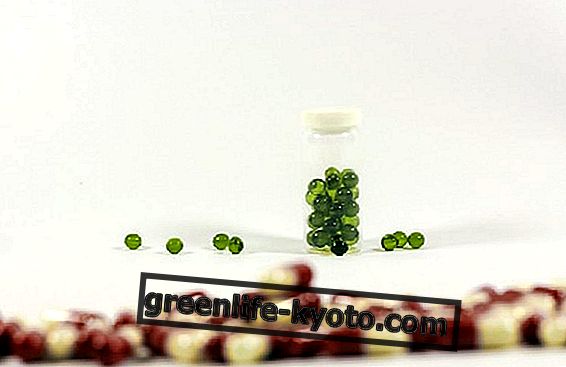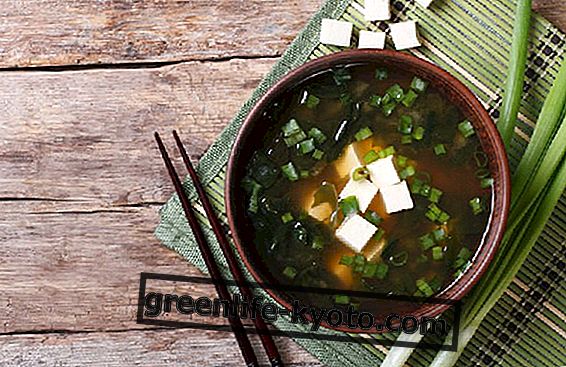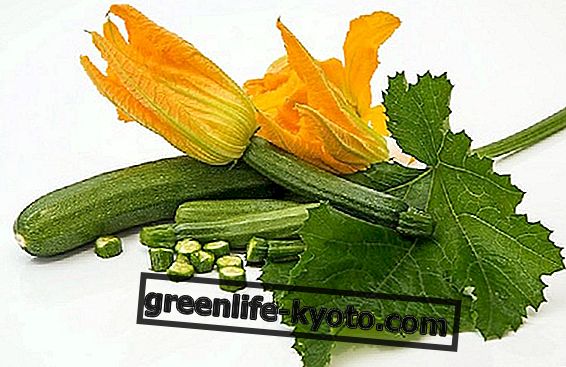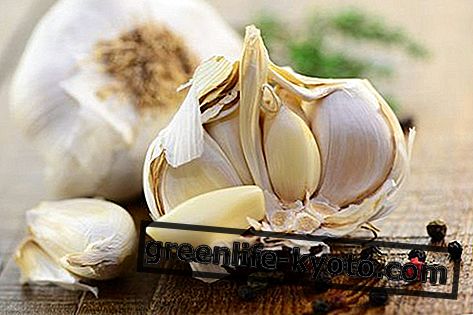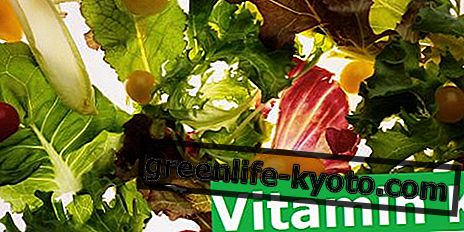
"Eating well costs!" This is what I often hear especially in times of difficulty like this. And unfortunately it is the truth: organic products and quality raw materials cost more than a hamburger at fast food.
But I would like to share some tips with you to eat well and spend the right thing.
1- Eat less animal protein . The most good cuts of meat, the less fat ones, the meats of animals raised with standards of a certain level, the PGI and the DOP are the most expensive. In general, beef (red meat, for instance) is usually the most expensive. Reducing the consumption of red meat and introducing it 1/2 times a week or on special occasions allows us to save money and also to improve our health as it reduces the risk of tissue acidosis.
2- Not everything you buy must be organic. If you don't have enough budget to do a completely BIO shopping, no problem, you can follow these steps
- a) Buy only organic foods from Sporca Dozzia among organic foods. According to the Environmental Working Group there are 12 foods (the "dozen spores", in fact) particularly rich in pesticides. These foods are: apples, celery, cucumbers, cherry tomatoes, peaches, potatoes, spinach, strawberries, peppers, cabbage, courgettes;
- b) Be aware: many small farms fail to support bureaucratic work and taxes to be certified as organic, even if they practice organic farming;
- c) If you shop at the market, ask the seller: there is a good chance that many of the products are grown without the use of pesticides. Ask, inquire.
3- Shop at the market. If you can, do the shopping at the market at least to buy fruit and vegetables. The quality of products on the market is usually high and in the season there tend to be many offers. Prices are moderated compared to large retailers, especially if you buy seasonal fruit and vegetables.
4- Buy seasonal fruits and vegetables : you will spend less and eat better. Nature makes the fruit or vegetables available to us at the right time of year to enable us to meet our body's nutritional needs during that specific season (it is no coincidence that colored fruit, rich in antioxidants and even the most juicy be ready in summer and oranges that contain vitamin C are available in winter). "Nature knows what it does".
5- Buy bulk products - In Italy sales of bulk products are becoming more and more widespread, and not only for detergents (so-called plug detergents) but also for some food products such as dried fruit, pasta, oil, etc. Save on packaging and you can invest savings in buying quality products.
6- Plan your weekly menu : try to plan what you will cook during the week by asking your family members how many times they will eat at home during the following week. You will avoid buying too much food and having to throw it away. Alternatively, remember to freeze in single portions what you've cooked. Waste in the kitchen is not good for the wallet.
7- Drink water: drinking water is good not only for your health but also for your wallet. Better (for your health and your finances) a good bottle of water with lemon than a fizzy drink.
Until next time.
Amber Caramatti
